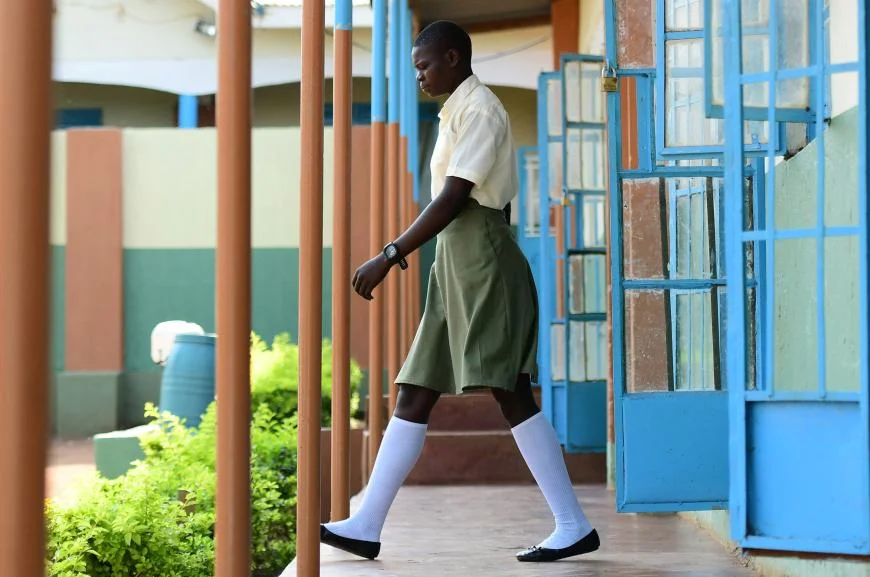African Committee Should Press Countries to Respect Girls’ Right to Education

NEW YORK, USA, 22 March, 2022-/African Media Agency (AMA)/-Across Africa each year, tens of thousands of adolescent girls drop out of school or suffer discrimination or exclusion from schools because they are pregnant or have become mothers. Throughout the Covid-19 pandemic, teenage pregnancies have increased in various African countries. Many girls’ futures are at stake and a pan-African response is greatly needed.
Join our WhatsApp ChannelThe African Union’s African Committee of Experts on the Rights and Welfare of the Child will convene this week to review compliance with the African child rights treaty of the Republic of the Congo, Eritrea, the Seychelles, and Uganda. All four countries have an obligation under this treaty to protect girls’ right to education and ensure girls who get pregnant can stay in school.
During this session, the African Committee has an important opportunity to review how these countries treat students who are pregnant or are adolescent mothers and whether their laws and policies hinder or protect their access to education.
Over 30 African governments have adopted measures that protect adolescent girls’ right to stay in school during pregnancy and motherhood, but Human Rights Watch has found that the levels of protection and implementation vary. Governments often lack clear guidelines on how these students may continue their education, or have conditional re-entry policies, leading to irregular enforcement.
For example, girls in Uganda are required to go on mandatory maternity leave from school when they are at least three months pregnant. They are only allowed to resume schooling after one year when their child is at least 6 months old, regardless of their personal situation.
Some African countries, such as the Republic of the Congo, do not have explicit protections related to the retention of pregnant girls or adolescent mothers in schools, thus jeopardizing the lives and futures of thousands of girls. Such nations should take affirmative measures to guarantee the right to education for these students, including by adopting human rights-compliant policies to ensure students may remain in school for as long as they choose, and that they are able to resume their education in public schools free from complex processes for withdrawal and re-entry.
All girls have a right to education regardless of their pregnancy or motherhood status. The African Committee session provides a timely opportunity to remind African governments to ensure that this right is protected.
Distributed by African Media Agency on behalf of Human Rights Watch.









